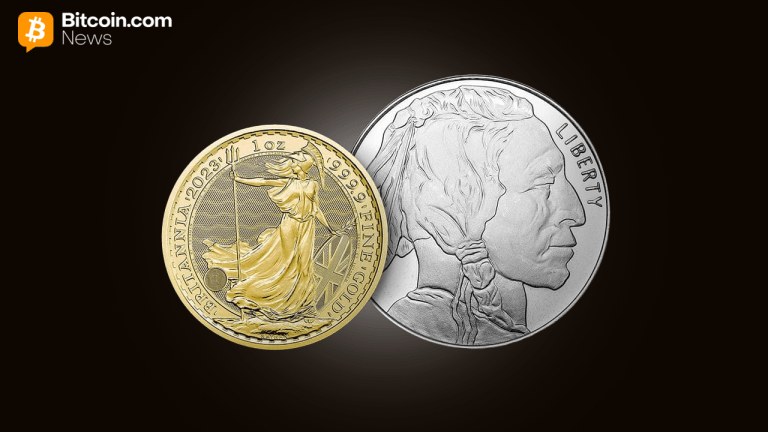A mixed read on Puerto Rico’s economy
2 min read
Recent data offer divergent views about Puerto Rico’s economy, but analysts believe the negative news can be attributed to Hurricane Fiona.
August general fund revenues were 16.7% higher than projected, the Puerto Rico Treasury Department announced Friday, while the Economic Development Bank for Puerto Rico’s September economic activity index declined 1.4% month-over-month and slipped 0.8% from a year ago.
The budget report showed August revenues 2.3% higher than those of August 2021.
Net revenues in July and August were 3.3% above projections, but 5.7% lower than the same two months in 2021. The fiscal year begins in July.
August net revenues were $693.8 million. Seven of the 10 revenue categories reported were above projections, while three failed to match expectations. Act 154 foreign corporation excise tax, which posted a $21.8 million or 18.3% shortfall, was the category that was most off from projections.
The Law 154 tax is being replaced by a Law 52-2022 tax in January. The shortfall resulted from foreign entities “planning” for this tax transition, the Department of the Treasury said in a press statement.
The categories that exceeded projections the most were corporate income taxes ($35.4 million over), individual income taxes ($29.5 million above projection), and motor vehicles ($20.4 million more than expected).
The categories with the greatest hauls in August were individual income taxes ($183.1 million), sales and use taxes ($121.1 million), and corporate income taxes ($86.4 million).
“A certain degree of [economic] uncertainty persists,” Puerto Rico Secretary of the Treasury Francisco Parés Alicea said. “Therefore, we remain attentive to the evolution of factors such as increases in the Federal Reserve rates and the behavior or agreements that could be finalized to increase the oil supply.”
The year-over-year decline of 0.8% in the economic activity index was the first such decline since February 2021.
Three of the four economic activity index components declined in September on a monthly basis, with gasoline consumption being the exception. Electrical power and cement sales saw the biggest drops.
“Hurricane Fiona hit in September. Is it surprising that cement sales took a dive?” asked Advantage Business Consulting President Vicente Feliciano. “September figures tell us nothing about the condition of the Puerto Rico economy.”
Hurricane Fiona made landfall on the island on Sept. 18. Although its winds made it a Category 1 storm, the weakest hurricane designation, Fiona dropped more than 30 inches of rain on parts of Southeast Puerto Rico. More than 1.5 million residents lost electricity and more than half of the island’s population lost water service.
The September results were a “minor contraction” due to Fiona, said Gustavo Veléz, president of Inteligencía Economica, a data analysis firm.
Over the last 2.5 years Puerto Rico’s economy has been fairly stable because of COVID-19-related money and federal Hurricane Maria reconstruction funds, Veléz said. He noted Puerto Rico’s economy in the first half of the year, based on GDP, grew while the overall U.S. economy contracted.
Veléz said he believes Puerto Rico’s economy grew in October and expected it would grow in November and December.







